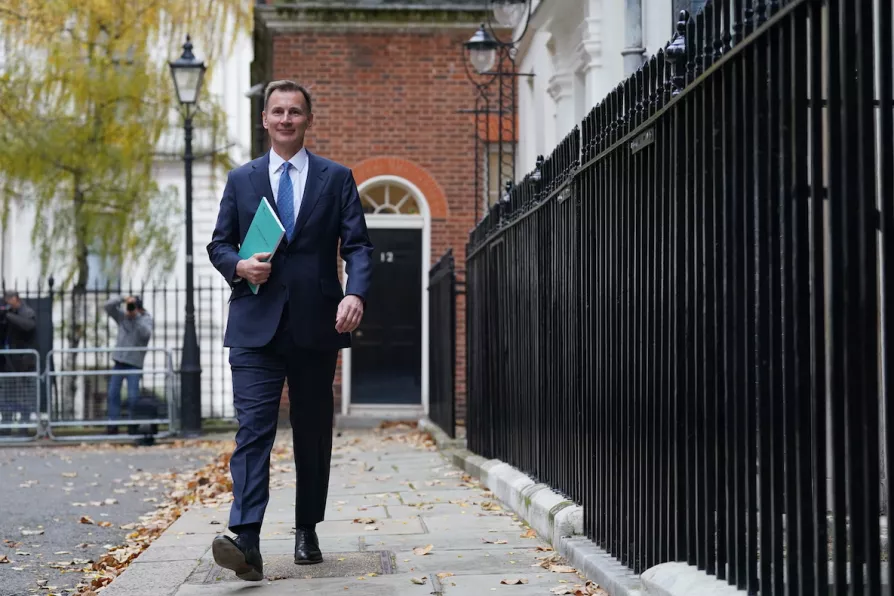LUKE FLETCHER outlines Plaid Cymru bold plans for wide-ranging policy consultations with trade unions in Wales
To save our services simply tax the super-rich
RICHARD BURGON MP lays out a plan for taxes on the wealthy as an alternative to yet more Tory austerity

 Chancellor of the Exchequer Jeremy Hunt leaves 11 Downing Street, London, for the House of Commons to deliver his autumn statement. Picture date: Wednesday November 22, 2023.
Chancellor of the Exchequer Jeremy Hunt leaves 11 Downing Street, London, for the House of Commons to deliver his autumn statement. Picture date: Wednesday November 22, 2023.
IN the recent Autumn Statement, Tory Chancellor Jeremy Hunt painted a rather rosy picture of the current state of the British economy.
The impression was that our economy had bounced back and that he would now deliver tax cuts that would put money back in the pockets of working people.
But this optimistic take ignores the reality faced by millions. We are living through the largest fall in living standards since records began 75 years ago and wages are set to be no higher in 2028 than they were 20 years before.
Similar stories

RICHARD BURGON MP points to the recent relative success of widespread opposition to the Labour leadership’s regressive policies as the blueprint for exacting the changes required to build a fairer society

RICHARD BURGON MP argues that a broad, united mass movement can stop the cuts and ensure it’s the wealthiest that pay their fair share













